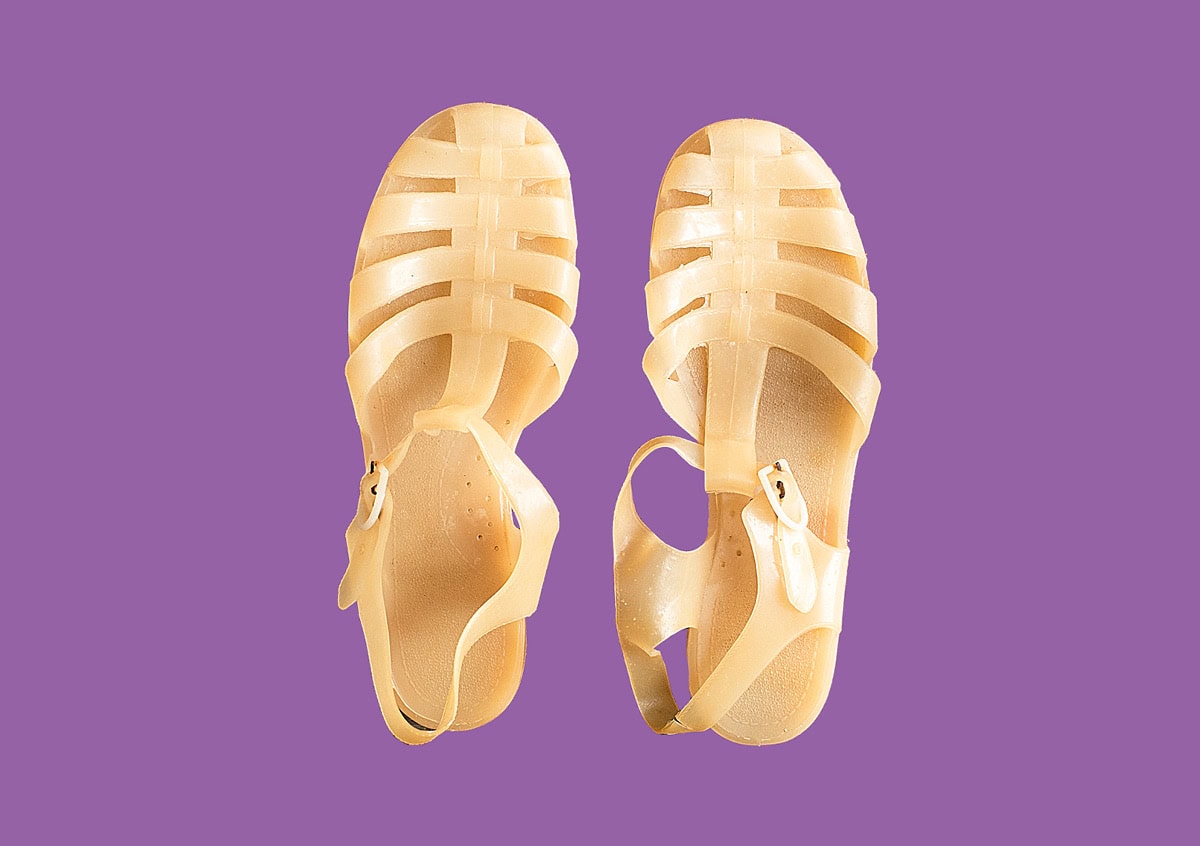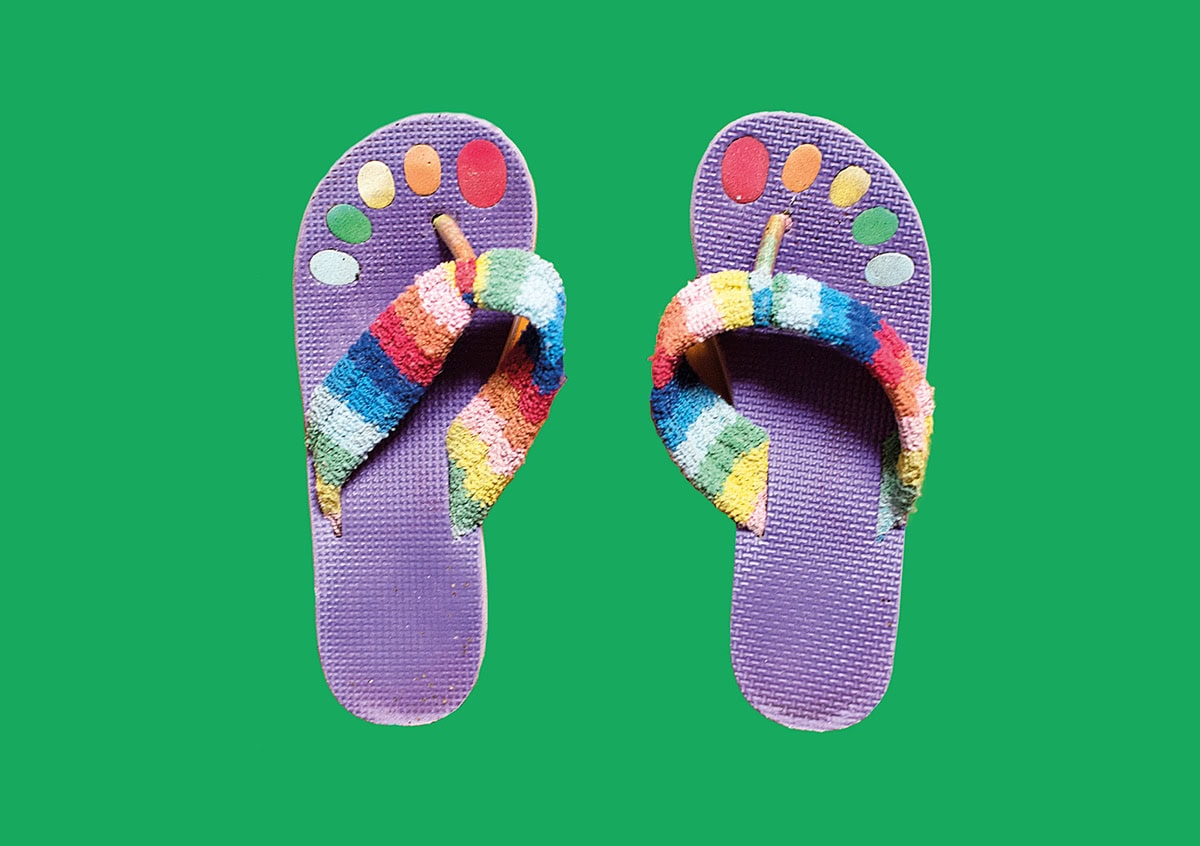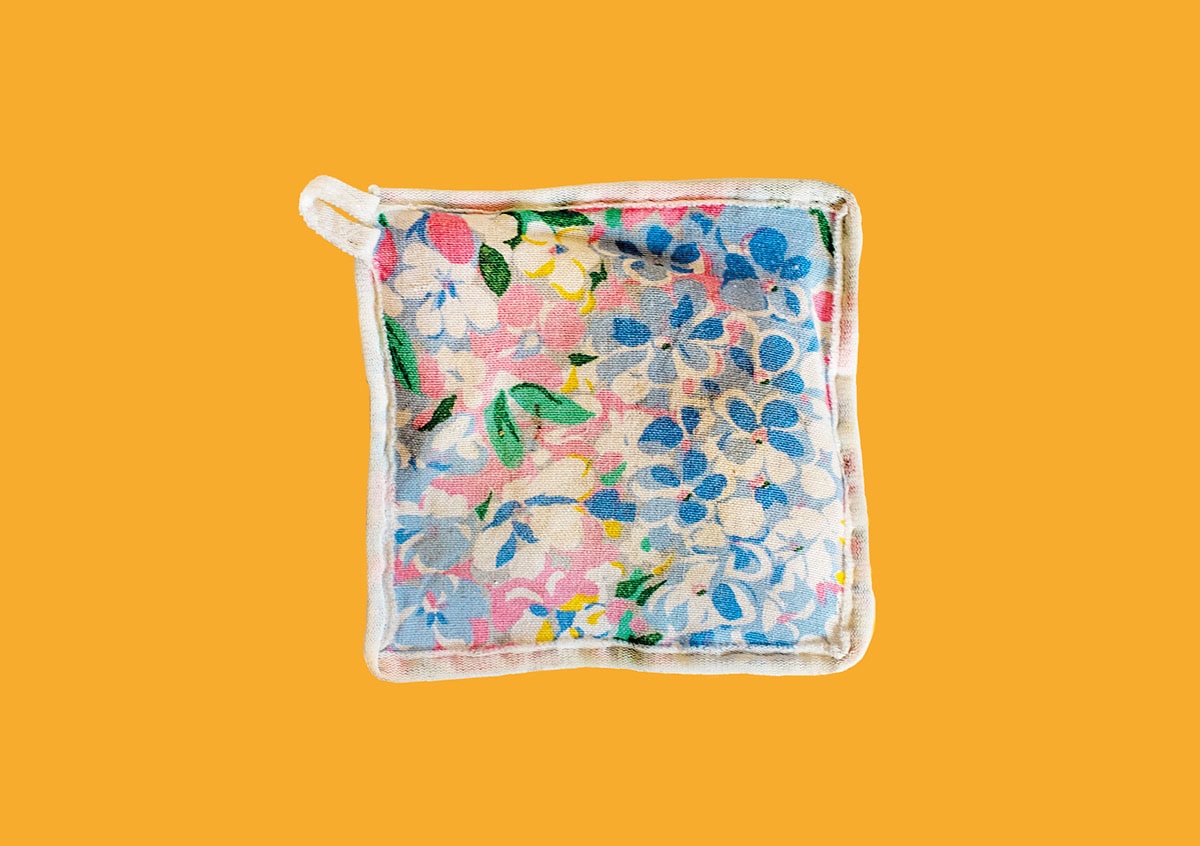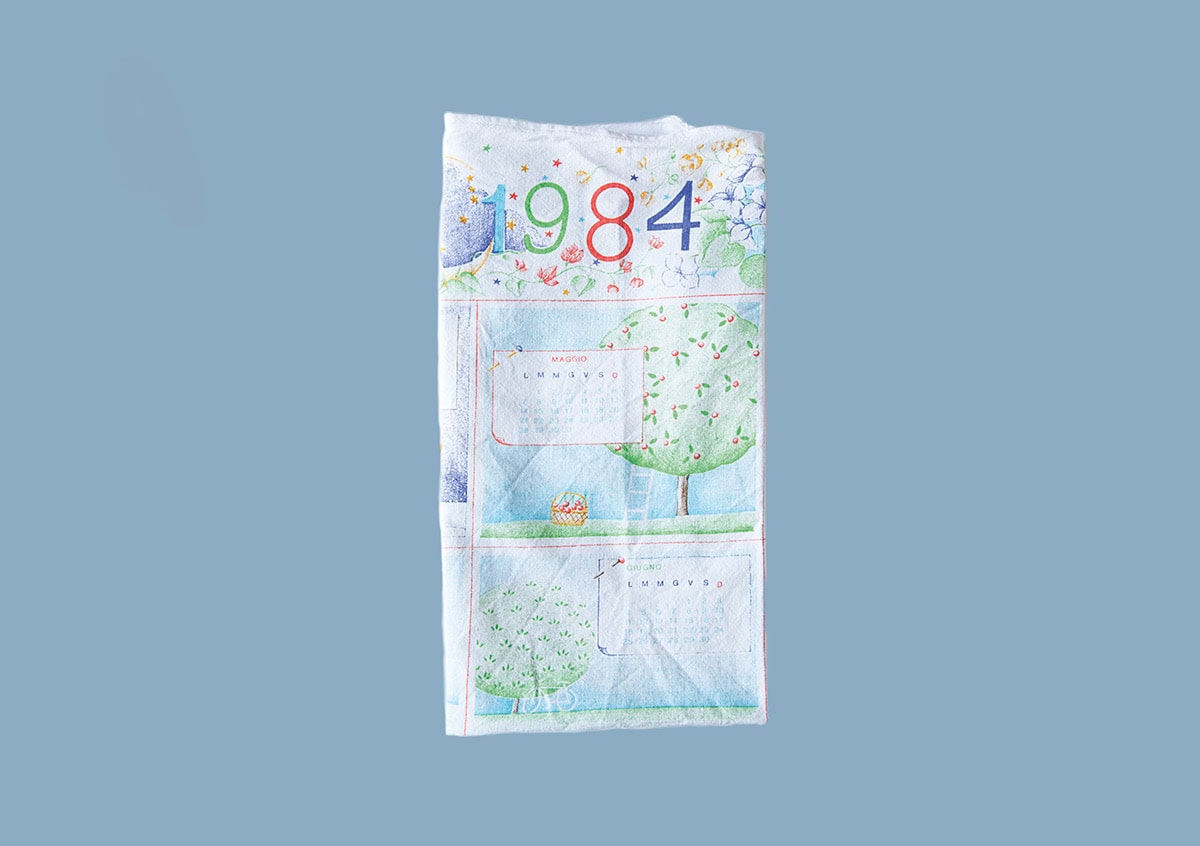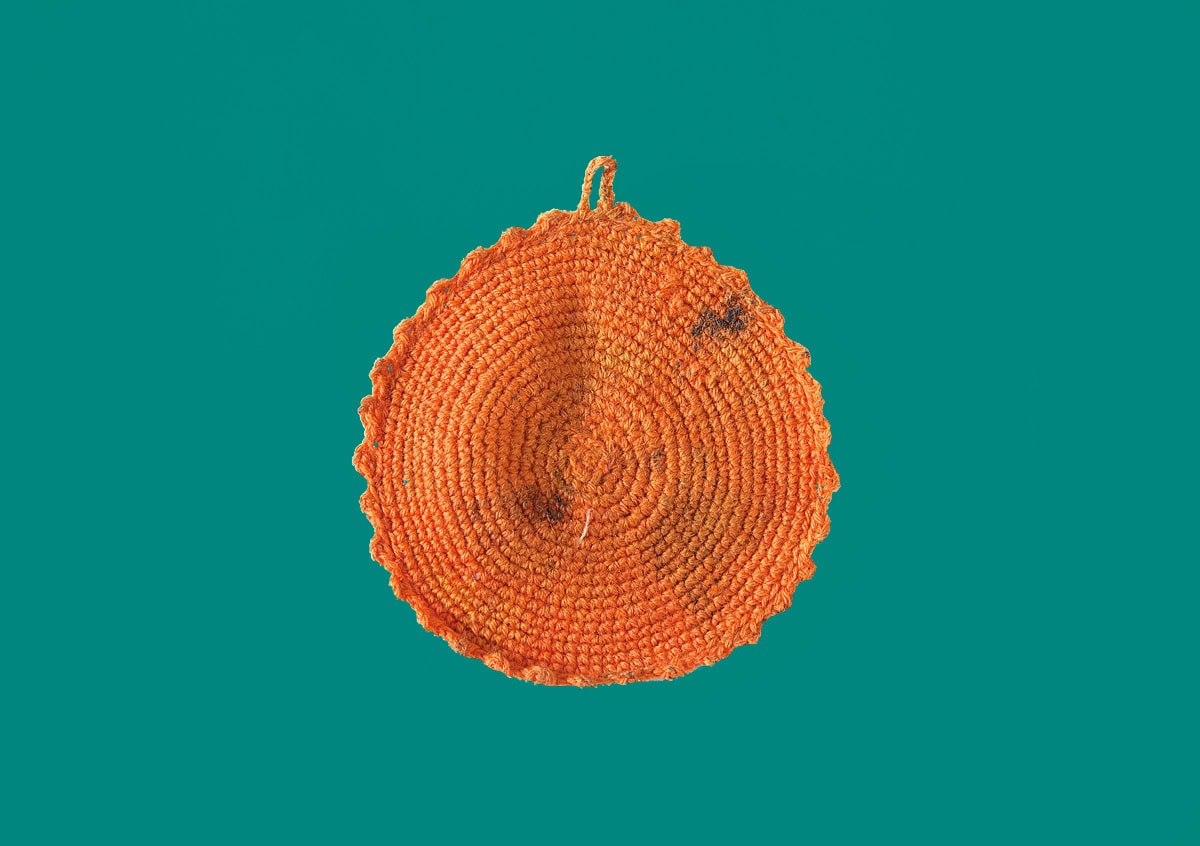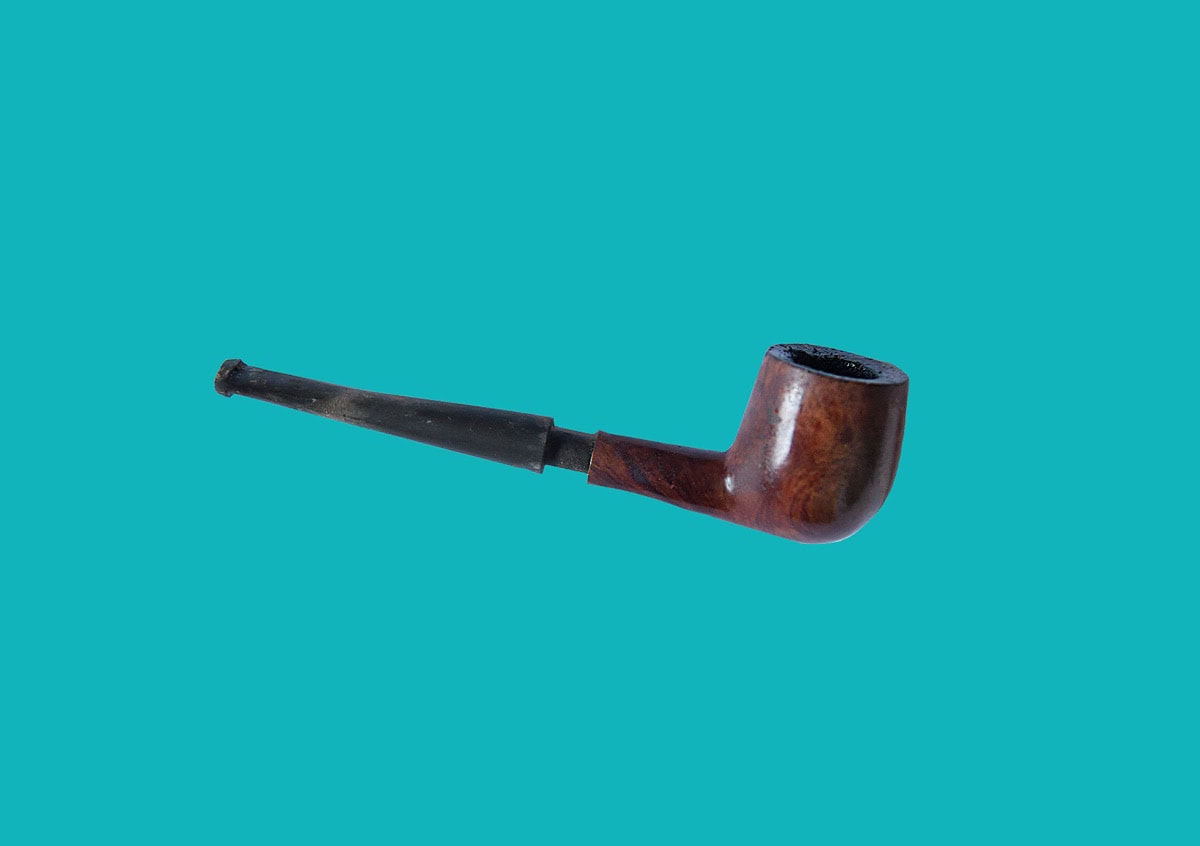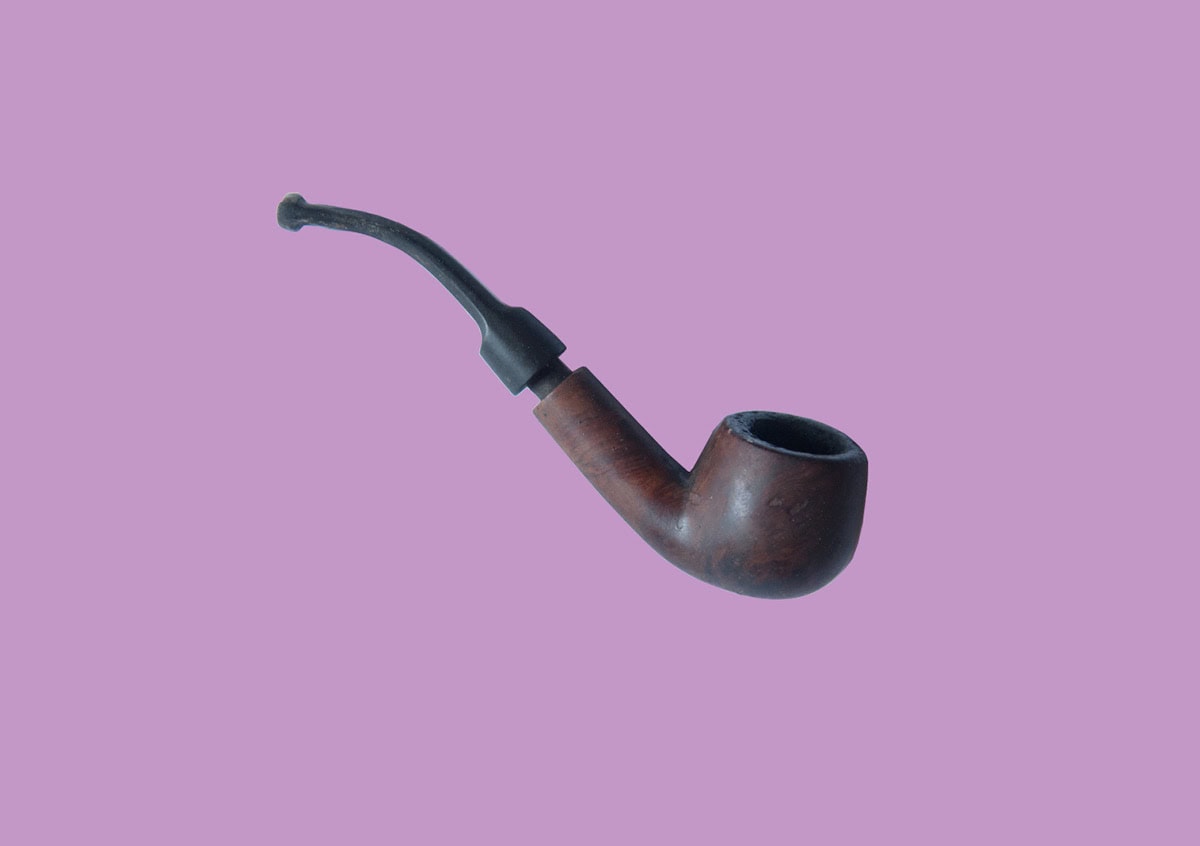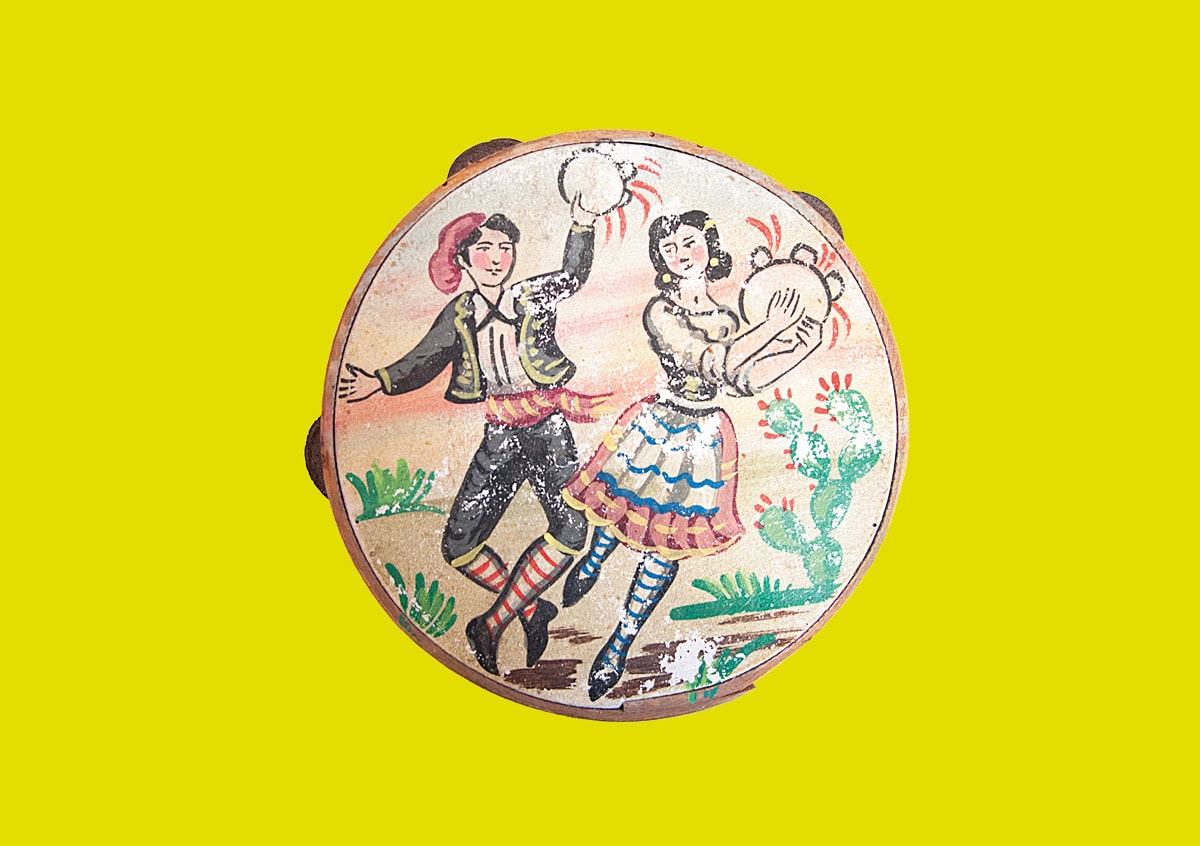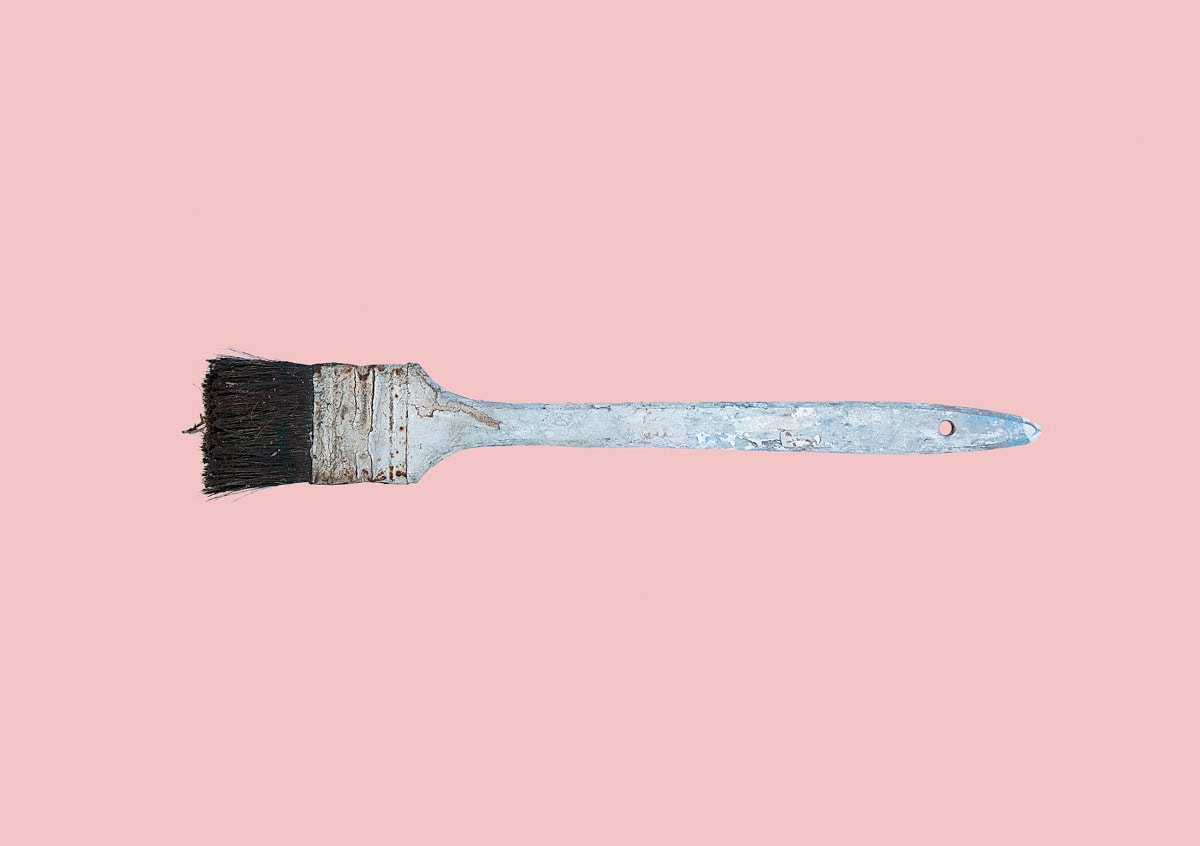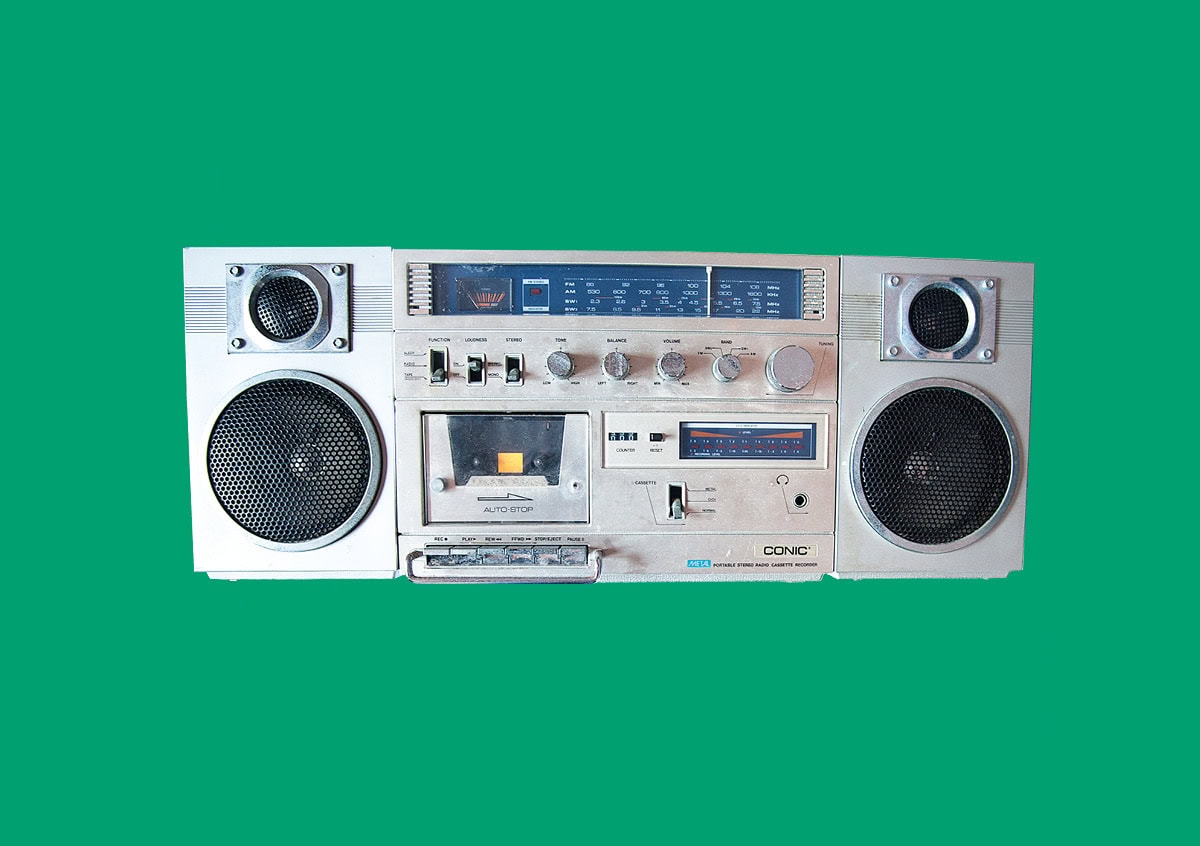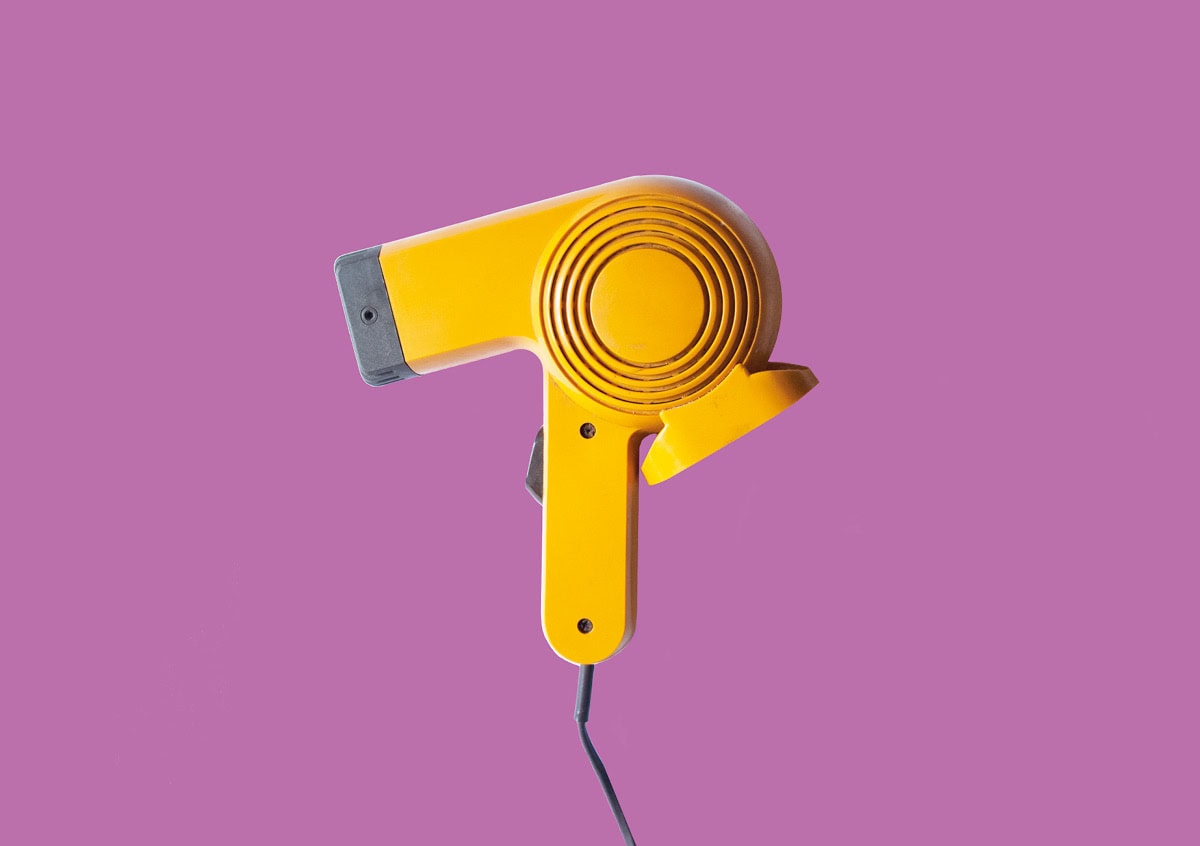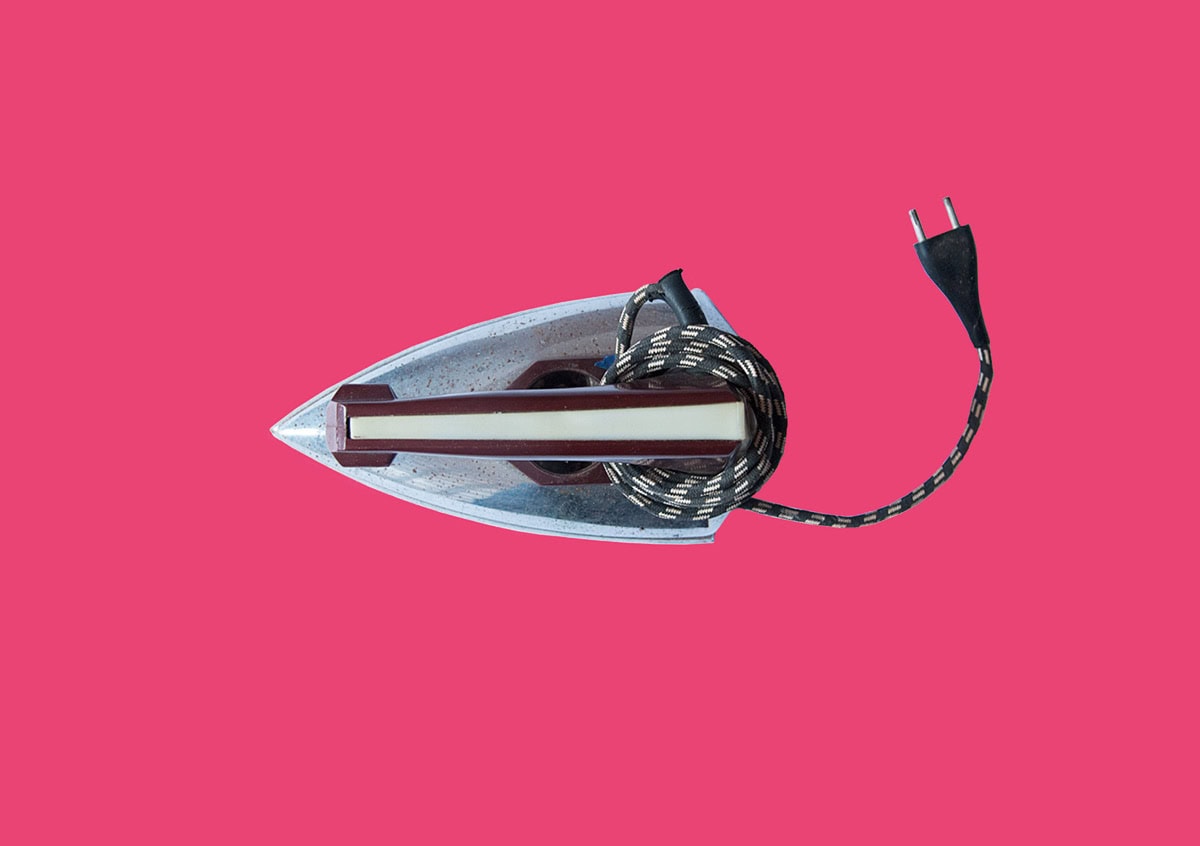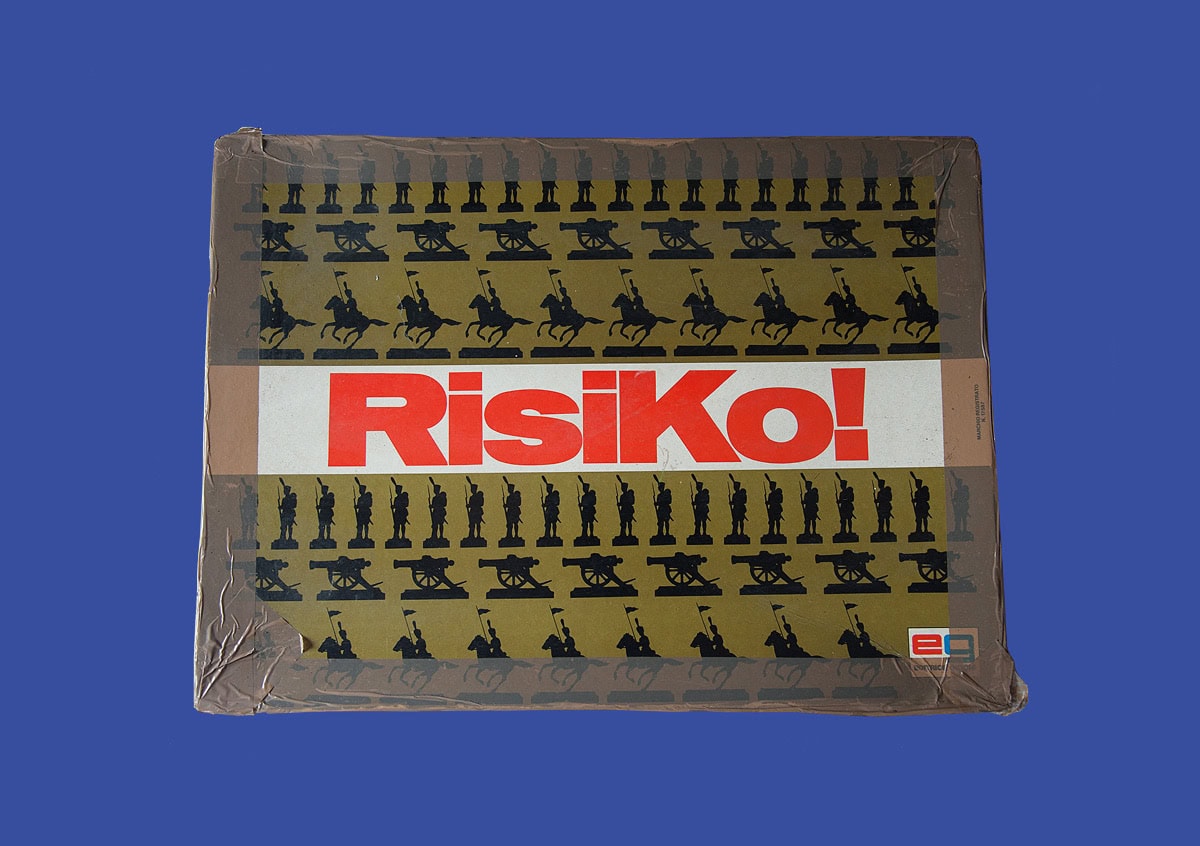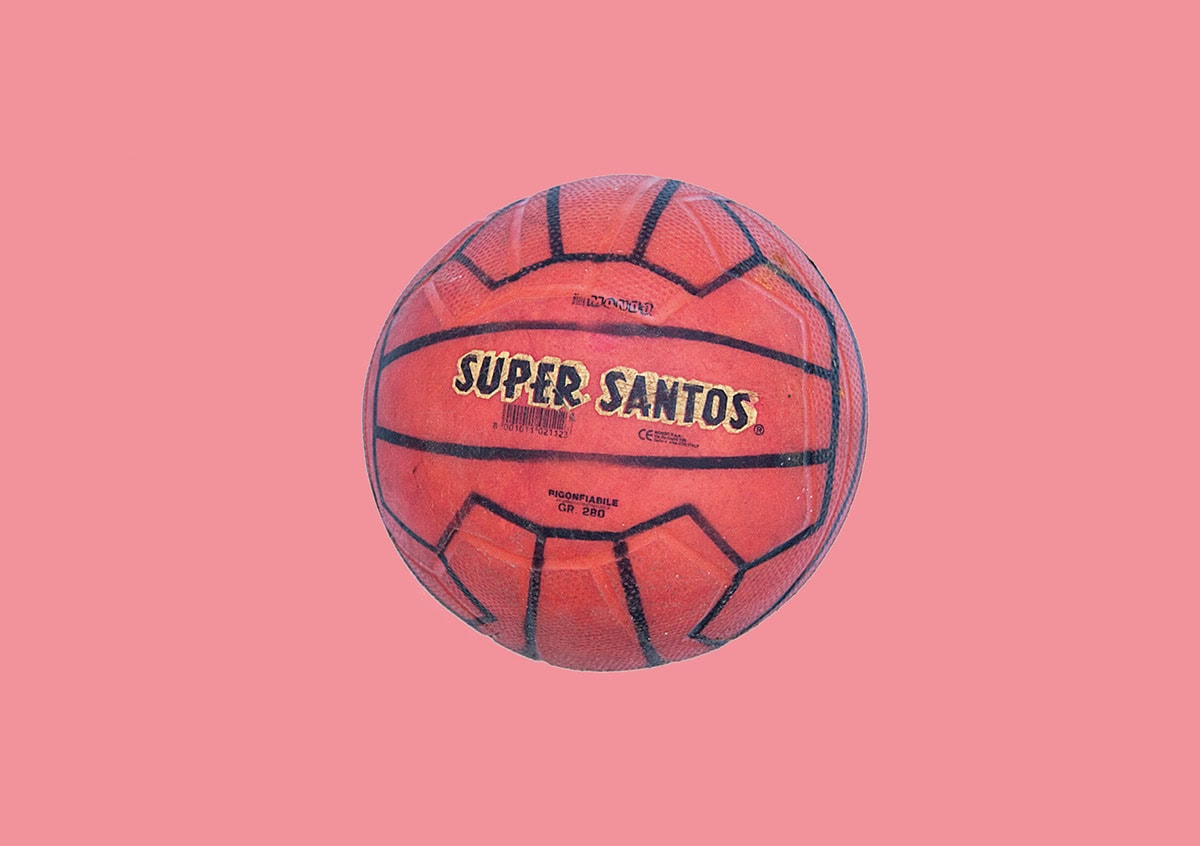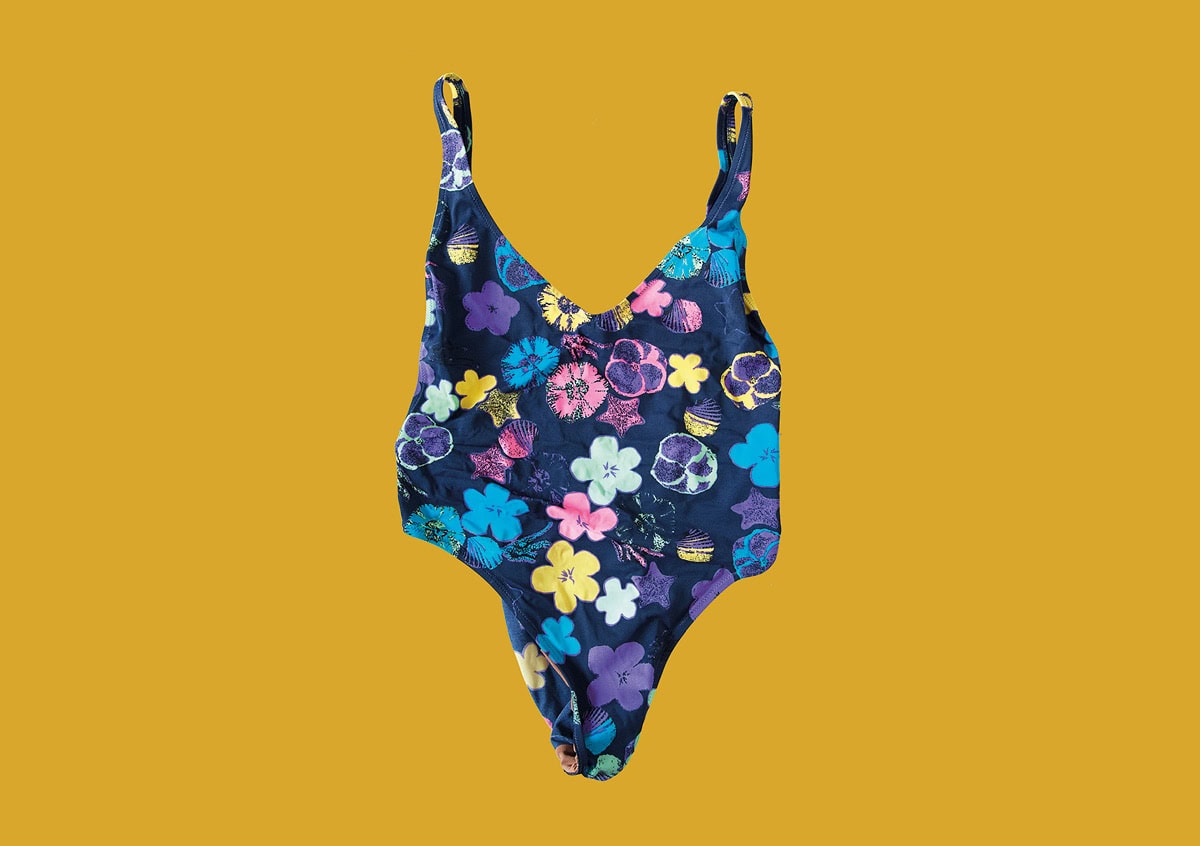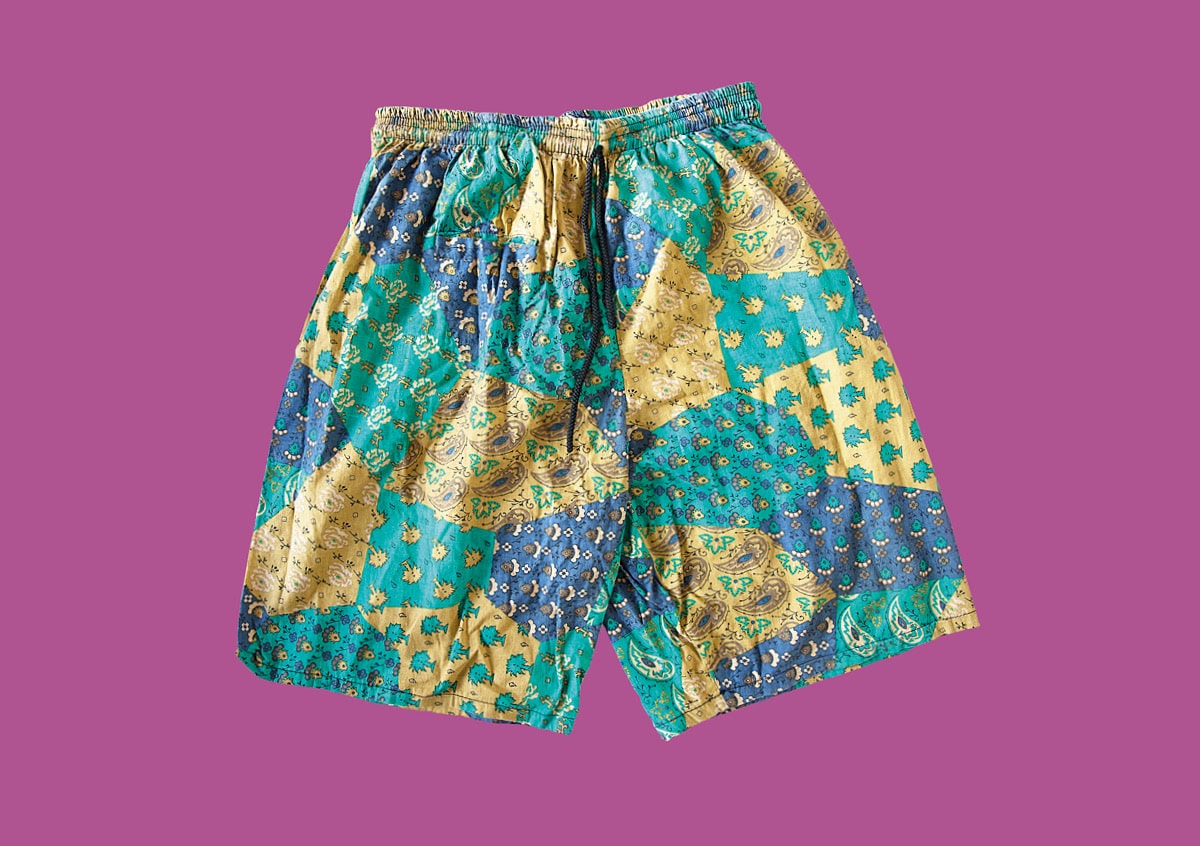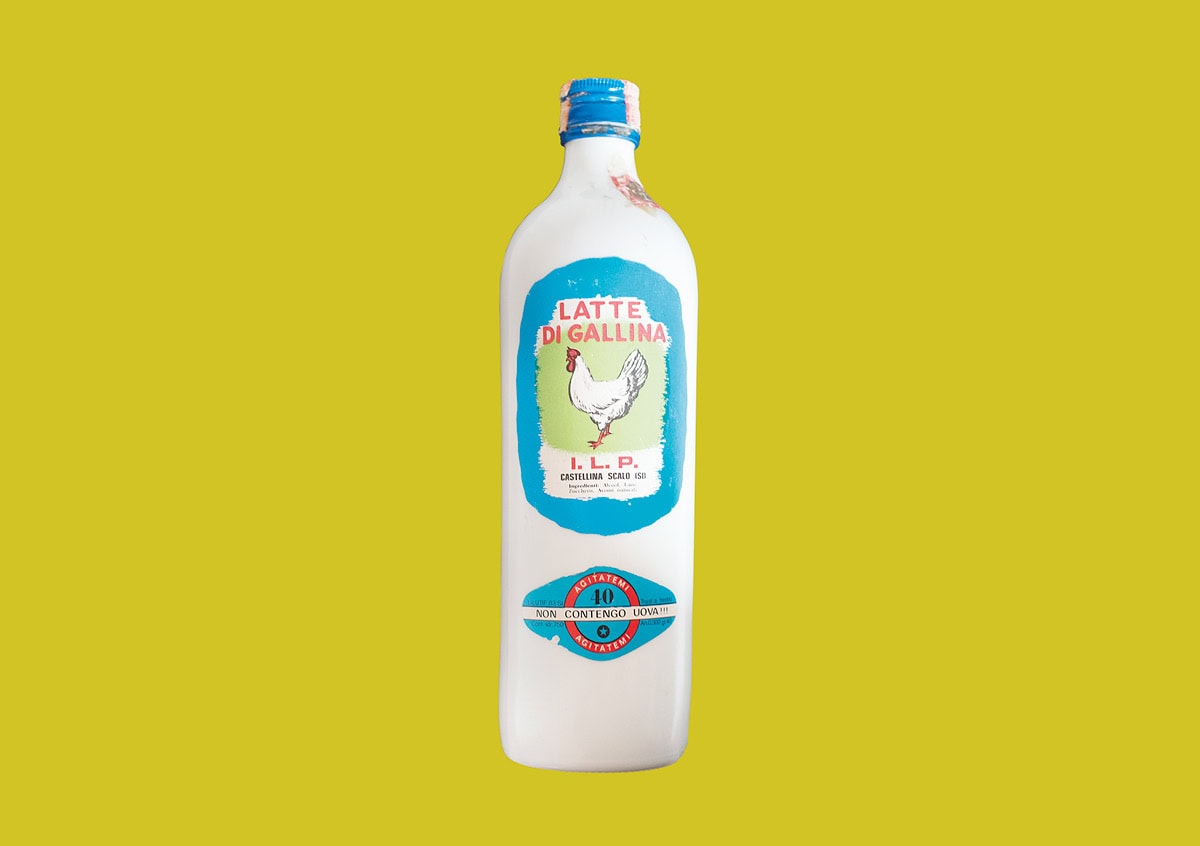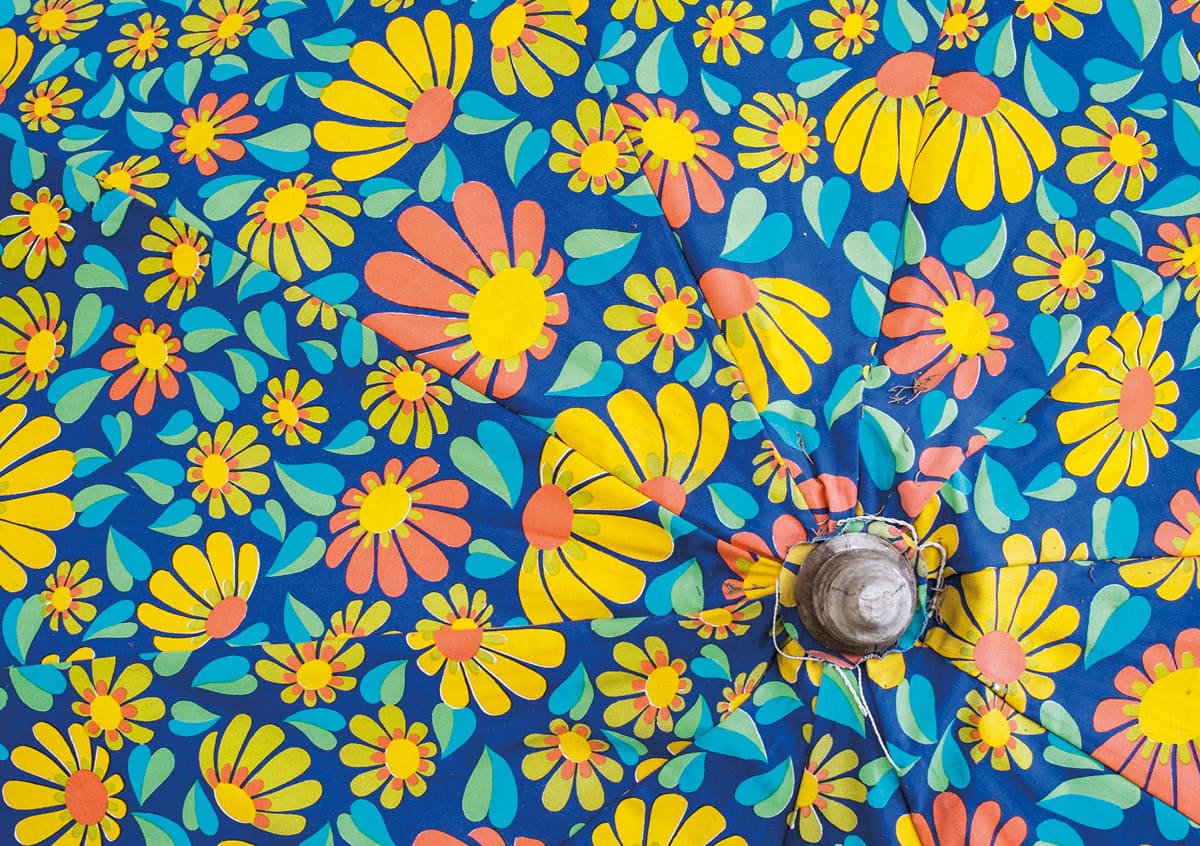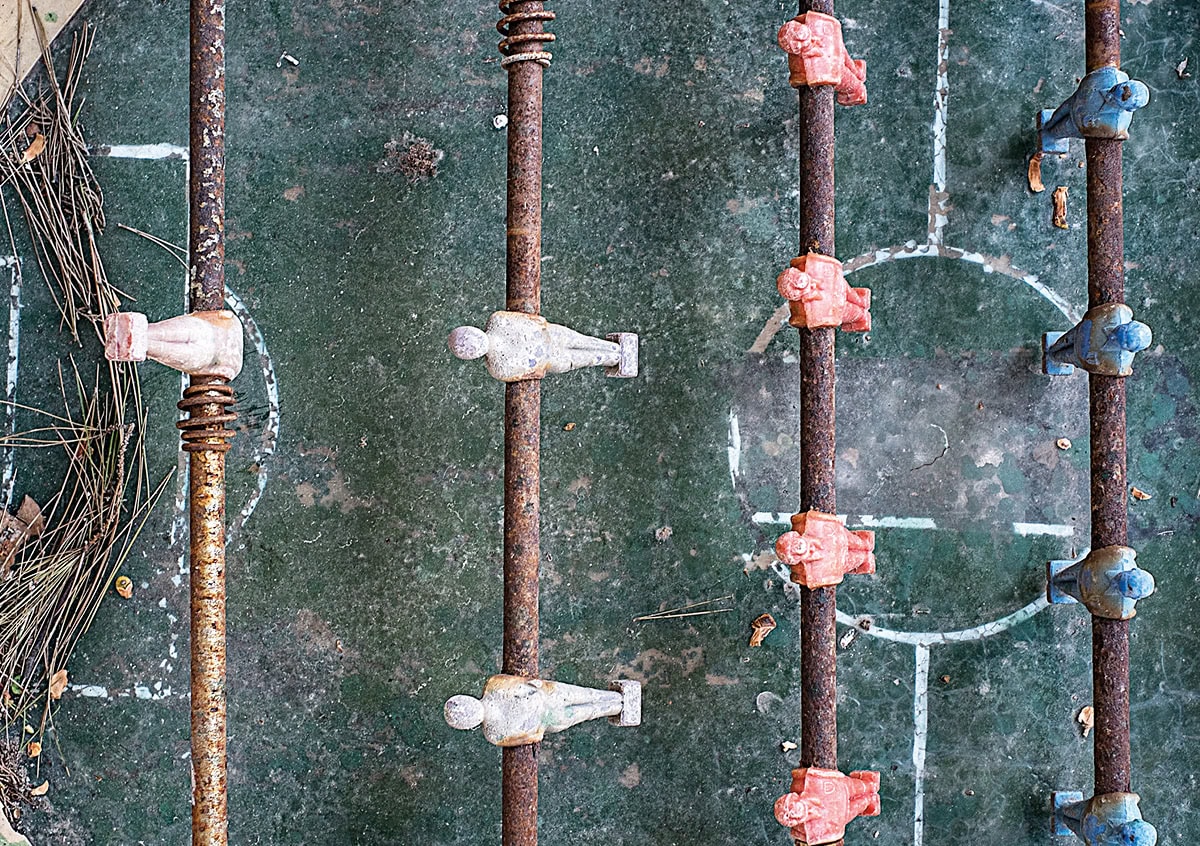Francesca Fiorella says about herself:
“I was born in Lecce in 1987. I started studying photography in 2009, while completing my MA in Political Sciences. In 2015 I founded LO.FT, an independent studio in Lecce dedicated to contemporary photography, with an exhibition gallery, a bookshop, and many activities for photographers, from book design to workshops and lectures. At present, I work as artistic director for LO.FT and keep on working on my photographic research, with a particular interest on the issues of human relationship, communities, and territories.”
[white_box]PERSONAL WEBSITE[/white_box]
About ‘Wunderhaus’:
The title of the project, ‘Wunderhaus’, is a re-interpretation of the famous Wunderkammer, the ‘cabinet of curiosities’, the German term for the wonder-rooms, used to denote particular environments of the Renaissance Europe where collectors used to store various and extraordinary objects.
Similarly, the house where my parents used to spend summer holidays, is a sort of house of wonders. It is a small family museum, a place plenty of futile, necessary, quirky, silly or trivial objects, that spring back to life every summer. Since the end of the Fifties, four generations of the family have spent there their holidays together over the years, leaving large tracks. My family tree could be sketched associating with each member of the family a single object, or even more than one.
I enjoy thinking at my beach house as a house of serial accumulators, victims of a compulsive hoarding disorder. But, in the end, it is this obsession that revives memory flows, shaping and documenting the identity of that place in time and of its inhabitants.
[yellow_box]
collecting worthless things is not a crime
on wunderhaus di francesca fiorella
words by valeria raho
Every family is a world. not by chance it settles in a place and it makes of it a habitat, an ecosystem, a climate. product of individuals and of a group, it is not much distant from a work of art possessing its own language, governed by criteria, ephemeral orders, congenital twitches, rules and habits known only to its exclusive tribe. wunderhaus perfectly embodies this projection: it carries us in a daily universe crowded by objects, it lets us enter a scene exhibited in the de-composition and attraction of elements, only to become our desire: that of wanting to know inch by inch, and with more intimacy the family’s story enshrined in the domestic space that francesca fiorella registers in a thick file of coasters, mitts, cook books, fans, shoes, modern antiques sharing with us her wonder – as in a pastime among kids. the auteur grants us the access key: she is the magistra ludi and at the same time she is our accomplice when she invites us to take place in the visual ringaround-the-rosy that animates this domestic treasure hunt, of which she provides a cloud of shapes in the loose pages, and a map in the dust-cover. wunderhaus does not lead us into a physical space nailed down by an unequivocal point of view; on the contrary, it gives life to a parallel universe, intimate and yet spectacular, by sawing together correspondences and fluxes of thoughts that stimulate intensity peaks, indicators of goodtimes, information, conjectures. francesca fiorella unveils its intentions, it gives clues without disrupting the reader’s work-game of interpretation, preserving the becoming of
events and exchanges, the coming and going of existences. she overlaps, crosses, smoothens, acts by subtraction preferring still life to panoramic visions in order to let us enter on our tiptoes the vacation-home build in the late fifties, in which four generations of her family have been reuniting creating a home-museum overflowing with objects – functioning or preciously useless, from time to time extravagant, sometimes cumbersome, surely dated – that cyclically come back to life during the warm seasons. she turns around the concept of value linked to an object and to its current use, in a time in which she climbs a family tree whose trunk and branches are represented by daily objects, associated to one or more members of the family who took care of that space. wunderhaus is fertile contradiction: from the choice of the title, to the torn subjects on which she turns her gaze; from the format, to the golden relief on the dust-cover, she delivers a dialectic progress that mocks logics with unexpected simplicity. with her calm gaze francesca makes us wander over ephemeral happiness: the life of a fireplace, the genius loci of its inhabiting. a fantastic reality that each tile of this mosaic finally draws. wunderhaus is a little family saga with its secrets and its enigmas, shown but not betrayed.
[/yellow_box]
